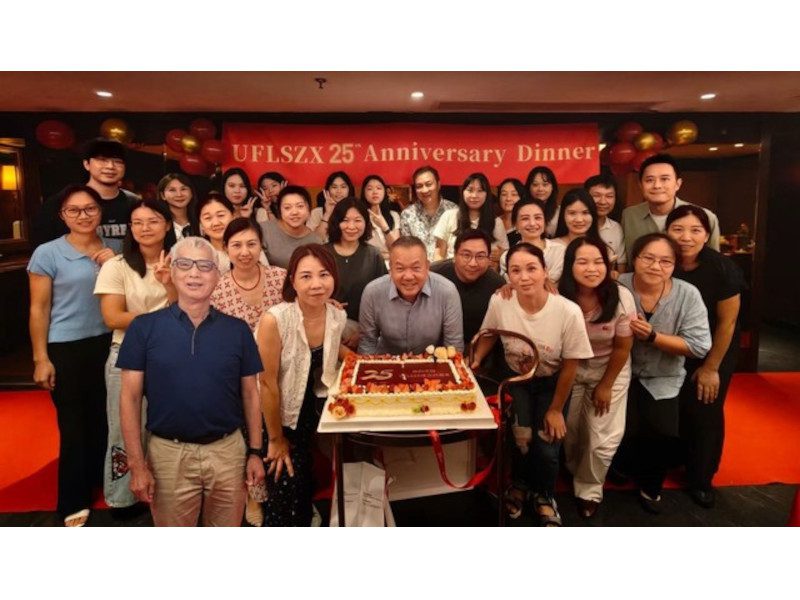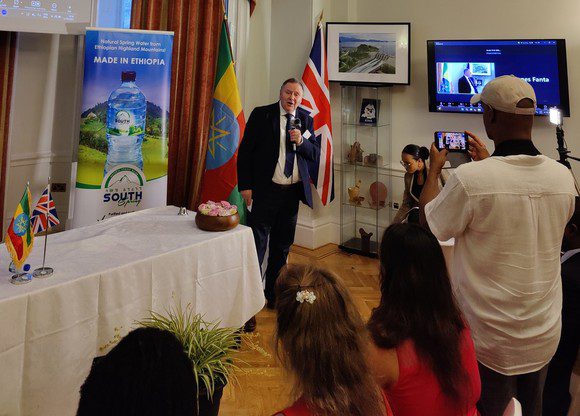Speaking at the British Ports Association’s Annual Lunch in London today the BPA Chairman Rodney Lunn called for trade facilitation, port zones and transport connectivity to be central pillars of the Government’s post-Brexit trade and transport strategies.
He suggested that ports could play a vital role in driving regional and national economies although the Government must provide the right policy and regulatory framework and explore investment options for better connecting ports with national networks. Mr Lunn, who is also the Chief Executive of Shoreham Port, was speaking to a packed Drapers’ Hall and said:
“Ports are highly entrepreneurial. They continue to invest in infrastructure, equipment and their people all at no cost to the Government. It is vital that Government agrees a post Brexit customs strategy that does not create lorry parks on roads leading to Ro-Ro ports such as Dover, Portsmouth and Holyhead.
“Post Brexit the BPA will be pushing for the EU Port Services Regulation to be repealed. It is unwanted and unnecessary and also let’s look properly at the customs free trade proposals for ports”.
He continued: “If UK ports are going to compete with their European counterparts, the Government must push forward with our ‘port zones’ concept to fast track planning decisions and limit the impacts of environmental designations. Ports have strong green credentials but Marine Conservation Zones and Special Protection Areas in ports will only hamper port development. With the right conditions ports can grow the economy and push regions forward”.
Finally Mr Lunn welcomed the Department for Transport’s recently announced Port Connectivity Study but called on the new Government to invest in transport schemes to help link up the logistics network:
“We welcome the new Port Connectivity Study but it is vital that following this stocktaking exercise the Government invests in good road and rail connections to all ports to ensure that the UK has efficient links for goods and passengers to help the economy compete.”








